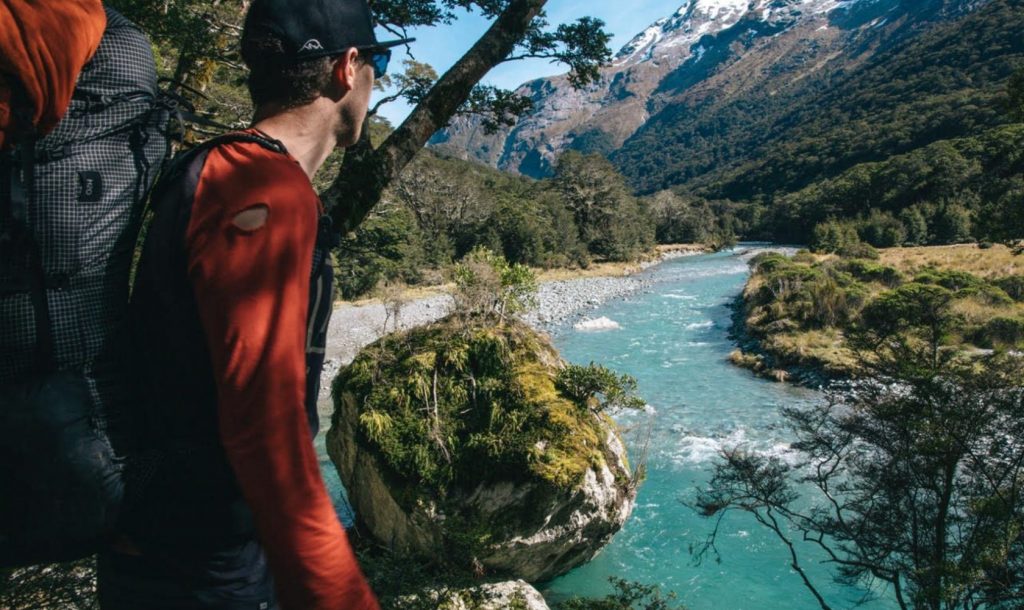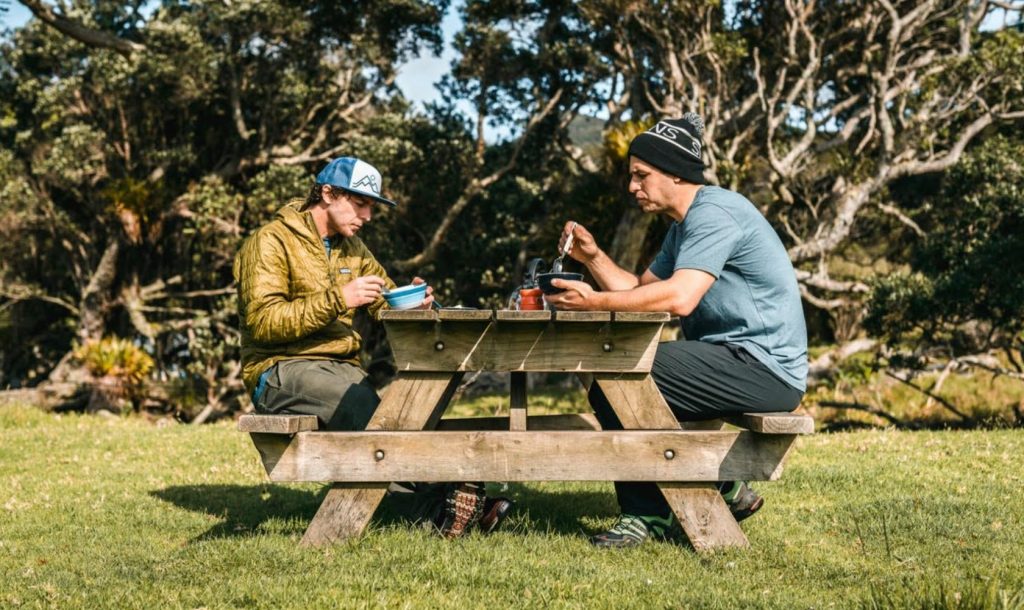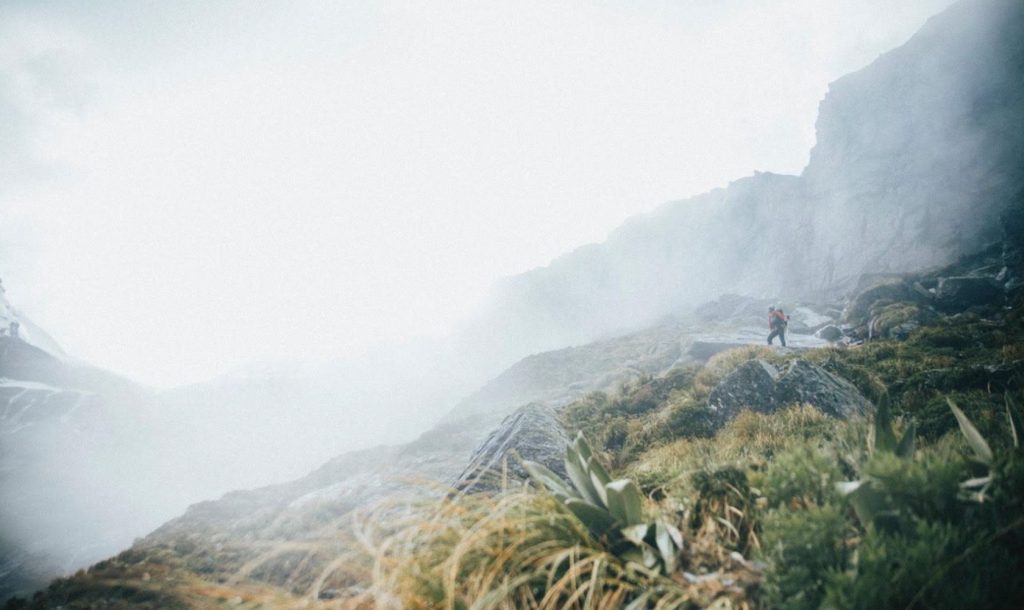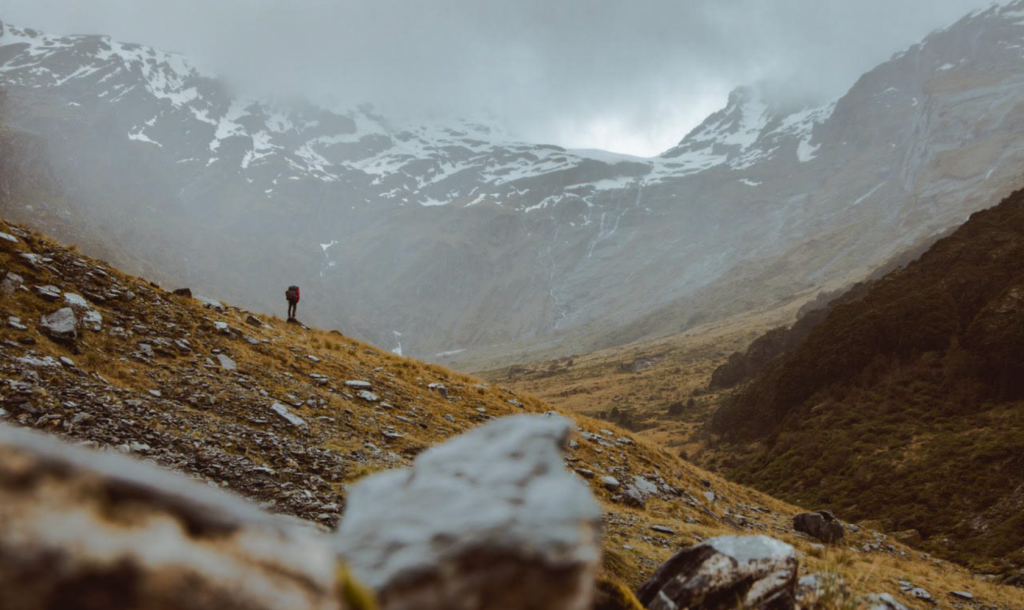Two-time Olympic slalom canoeist Mike Dawson reckons recreational paddling has helped him to keep “the love” for his sport.
Based at Okere Falls, Rotorua, Mike has spent much of his free time playing on the nearby rivers with mates his entire life.
“We’ve been in and around water our whole lives, it’s just the way we grew up – the rivers have been our playground where we’d learn the skills to become better at kayaking, though it was all self-directed, just hanging with mates and having a good time.”
Even at elite level Mike, now 34, would make sure he escaped the competitive and serious side of sport and “recreate” kayaking on trips with friends.
That balance, Mike believes, has meant his passion for the water has never waned and as a Balance is Better ambassador it’s a message he’s keen to push.
“A big part of my career was always about making sure I had a good balance with what I was doing in sport and what I was doing in life, be it study, work, or play, and keeping all aspects balanced.”
Balance is best

Even as a youngster that balance was about playing a variety of other sports, including hockey, skiing, biking and swimming.
It’s all had a massive impact on his ability to go further in slalom later in life, he says.
“My parents were real keen to keep me involved in a range of sports and they held me back from specialising early despite, as a young kid, wanting to just throw it all in and go for gold – I’m pleased they did that.
“Learning a whole bunch of different sports and different skillsets helped me to pick up new skills and techniques a lot easier and faster at a higher level.”
Water has always been his recreational playground.
“Growing up I was fortunate my family were always keen to go away on camping trips and explore New Zealand, which meant we’d end up in these great places which generally had a beach or a river nearby.”
Mike got his first taste of national competition when he joined a canoe slalom team at college.
Still it was the weekends he’d look forward to most.
“There was a lot of camaraderie within that team, we’d head to Wairoa river every Sunday, just a bunch of us young guys, and we’d spend the whole day on the river, honing our skills.”
Recreational paddling key to success

That recreational exploration, as Mike calls it, has been instrumental in his success.
He first entered the New Zealand junior ranks aged 16, and 15 years later stepped away from a career that saw him attend 11 world championships, multiple World Cups and two Olympic Games.
Mike is probably more internationally renowned for his extreme kayak feats, having won a slew of titles in some of the biggest rapids on the planet, and through his expedition paddling.
“Having done that recreational exploration my whole life meant that I was comfortable in that space on the competitive scene, comfortable with my skillset and I could draw on my experience from other sports when it came to working as a group and breaking rapids or techniques down.”
Even towards the end of Mike’s career his main focus was to have fun.
“I was having more fun training and being out on the water paddling, the competitive side became less and less important.
“Some people play just for the medal or to win, but for me it was definitely about the enjoyment side of things.”
Support keeps passion alive

While his greatest sporting moment is walking into the opening ceremony of the London Olympics with his Dad, Mike’s biggest highlight is finishing his career still passionate about his sport.
“My parents have always been really supportive, they never stressed about performances, they never pressured me, or were gutted or upset if I lost, they’ve been nothing to supportive of what I’ve been doing.
“In an individual sport like this at the end of the day it stops with you, but knowing the people around you really trust and believe in the work that you’ve done, and that you have the capability to get the job done is massive.”
Mike is aware it’s tough for some parents and coaches to provide support no matter what the outcome, but he says it’s key.
“The time for a talk about performance isn’t at the event, it’s not when emotions are high and people are charged, the place is later when everyone is in a more positive mindset, and that creates a far more creative, innovative and learning environment.”
It’s vital to create a positive, inclusive culture within a team, ensuring the environment is about a journey to the end goal, not just a make or break performance, says Mike.
“Even at elite level, I treated each event the same, it was always fun, it was always a real good chance to learn to see if you’ve got what it takes to perform but at the same time it wasn’t the be all and end all.
“That was the case all the way up to the Olympics, it was a test to see if your training and preparation got you to a place where you perform, and if you don’t perform then it was back to the drawing board.
“Whenever there was a shift away from that it would affect that fun factor or enjoyment factor, and that affected performance.”
Let kids be kids

At youth sport level Mike has often heard parents say “their Johnny is the next big thing”, and to those people he says “let them be kids”.
“Ninety-nine percent of kids just want to play because they want to have fun, and hang out with their mates.
“Take the structure away, take the winning, the losing, the judgement away from every game, just purely focus on the ‘stoke’ the kids have out there.”
To create that environment youth must also speak up and tell their coaches when it’s not fun.
“Even as far back as junior worlds, I remember sitting down with national coaches, they asked if we were happy with how they structured our sessions, it was good to have that discussion, it meant we could change it and when we did, it made for a way better environment.”
Now retired from competitive kayaking, Mike spends his days working as a film-maker and photographer, and in his downtime still skis and mountain bikes.
He still gets out on the water at every opportunity, these days more on what he describes as active missions.
At the time of this interview Mike had just returned from 10-days exploring the Olivine Ice Plateau, at the head of Lake Wakatipu, where his group walked, climbed and used pack rafts.
Over winter he sea kayaked around Stewart Island, and next on the agenda is the 10-day adventure race Godzone in Rotorua in March.
“I’ll be doing that with my mates – these missions are a cool way of try new things, you feel like that little kid again learning the ins and outs of a totally new sport!”
Read More: Mike Dawson on Improving Youth Sport
Image Credits: Mike Dawson







